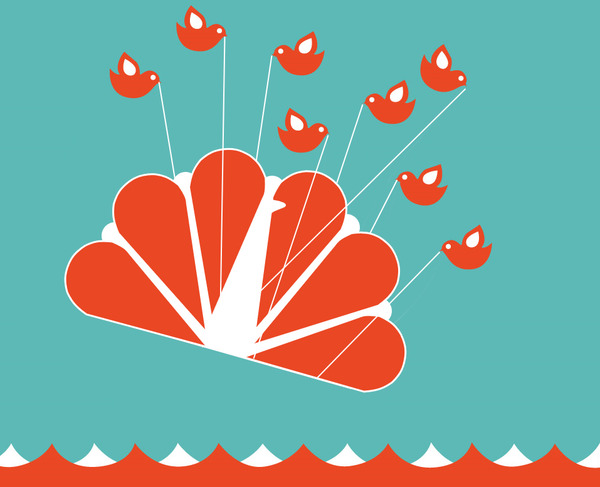After lots of press coverage and a very heated (and often uncomfortable) public debate, Conan O'Brien hosted his last episode of The Tonight Show on Friday, January 22.
As the clip below shows, O'Brien bowed-out gracefully, despite earlier snarkiness directed at NBC.
Ultimately, both Conan and Leno were hurting NBC's bottom line. Conan was the lowest rated host in Tonight Show history and his tenure marked the first time the show was ever on track to lose money.
Leno's 10 pm show hurt NBC too, but at the affiliate rather than the national level. Local news is the bread and butter of affiliates and with the low-rated Leno as a lead-in many 11 pm newscasts were hemorrhaging viewers. No doubt the poor lead-in from local news also hurt Conan's ratings.
NBC made a huge mistake putting Leno at 10/9c and their huge mistake has taught us three huge lessons about the television business.
The three lessons this latest round of "Late Night Wars" taught me:
- DVR-worthy is more valuable than DVR-proof.
NBC put Leno on at 10/9c because the show would be cheap to produce and "DVR-proof," meaning that people would watch the show live because it was topical. It turns out that Leno was DVR proof, but in a bad way. His show was one of the least-DVR'd of the season.
The problem is that people weren't watching Leno live either. And networks make decisions and sell ads based on live ratings, live + SD ratings, +3 day ratings, and +7 day ratings: DVR viewing does count for something.
Time-shifting, whether by DVR or Hulu, is not going away. NBC would have been better off running an "experiment" that tried to appeal to time-shifting viewers rather than trying to turn back the clock by catering only to live audiences, which brings us to lesson #2.
- Event television and news are the only shows that people reliably watch live.
Leno's 10 pm show was neither news nor an event. People watch TV in real-time if the content will only be relevant for a limited amount of time. Football leads the ratings every week because people want the thrill of seeing the game unfold in real time. Sporting events are (obviously) event television--people watch them live, people watch them in groups, and they don't hold up to time-shifted viewing. The same is true of live-voting reality competition shows like Dancing with the Stars. Leno's 10 pm show was perhaps topical, but it was not a temporally bound event. Any funny jokes from Leno--if there were any--would hold up fine on Hulu the next day or even the next week.But NBC hasn't totally failed at event television. Like sports, awards shows are notoriously watched live and this year's Golden Globes telecast saw a 14% ratings bump this year, giving NBC it's highest rated non-sports show in five years.
- Good will goes a long way, especially with the social media savvy. Fans and celebrities rallied around O'Brien online. Most of the images and clips that spread through social networks painted Leno as a greedy liar who wouldn't retire and NBC as a dishonest corporation that couldn't honor a contract or make a decision. Of course, the real situation was more complicated, but Conan's younger, more media-savvy fans were able to leverage the power of social networks to sway popular opinion. It's hard to say if the negativity directed at NBC and Leno will hurt the network in the long run, but it certainly won't help.
This story isn't over yet. Will Leno help Tonight Show ratings rebound when he returns on March 1st? Or has he worn out his welcome? Where will Conan go when he can return to TV in September? Has NBC learned anything from this debacle? Enjoy this image from mashable.com while you mull it over.






The interesting question is whether Conan was the lowest rated host in Tonight Show history because he wasn't funny or because of your second point: event television and news are the only shows that people reliably watch live.
My bet goes with the latter. I think NBC hasn't learnt anything because they're using a change in talent to fix a larger structural problem with distribution and format.